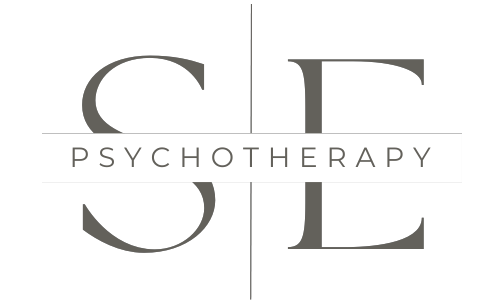-
Yes! However, availability may vary throughout the year and we do our best to keep our website up-to-date with this information.
Book a complimentary consultation here to guarantee yourself a spot!
-
The consultation is 20-minutes; it is time for you and the therapist to get to know each other - it is space to ask questions about therapy in general and to explore whether or not the therapist can help with your challenges and reach your goals.
-
Therapy is uninterrupted time for just you - how often do we get that?
It is time for you to explore more about yourself and learn tools to reach your goals. However, therapy requires work - working on yourself goes beyond the 50-minutes you spend with your therapist. If you are ready to do the work and need some guidance to get to where you want to be, therapy may be right for you.
-
You do not need to have anything prepapred for your consultation. However, the therapist may ask questions
-
Some private or extended health plans do cover therapy. It can be helpful to see if your plan covers ‘Psychotherapy Services’ and how much they cover per year before starting therapy.
-
Psychotherapists in Ontario cannot directly bill insurance companies. Thankfully, many insurance companies make submitting invoices quite easy. Your therapist will provide you with an emailed copy of your invoice after each session that you may submit to your insurance company.
-
Unfortunately, Psychotherapy Services are not covered by OHIP.
-
The therapist has a certain amount of low-income and sliding scale offerings. Ask your therapist about their availability to offer these services!
-
The cost per 50-minute session is $150 +HST
-
Standing Eagle Psychotherapy therapists typically conduct therapy on a weekly or bi-weekly basis. Frequency is dependent on individual needs and can be discussed with your therapist.
-
Your first session often involves some questions from the therapist to get to know you better. You are not expected to have anything ready or prepared. However, some people find it helpful to write some things down that they would like to talk about. The therapist may also ask you about your goals for therapy, so it may be helpful to think about what you hope to get out of therapy.
-
Trauma-informed might mean something different for everyone. At Standing Eagle Psychotherapy, it is the understanding that sometimes we may logically know something (i.e., I know that big boom was a firework), however, our body is telling us something else (i.e., I am shaking because I feel I am in danger). This awareness and acknowledgement is what is means to work from a trauma-informed lens - this is what we can unpack and challenge so you may feel safe within your whole self.
-
Somatic means “of the body in relation to the mind.” Simply put, it is the connection between the mind and body. Somatic work listens to what our body is telling us. For example, you might be telling yourself, “I should not be anxious about going to the grocery store,” but your body is telling a different story - your heartrate increases, breathing gets faster, hands start shaking. Somatic work explores this process and seeks our internal wisdom for long-term healing practices. This process to healing is done with the guidance of the therapist.

